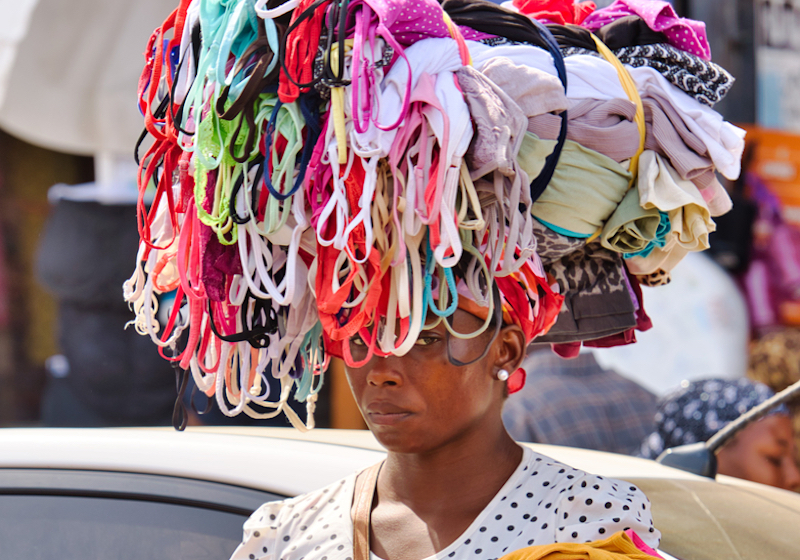
So, when non-profit The OR Foundation announced at the Global Fashion Summit in Copenhagen that it was receiving $15 million (£12 million) from Shein in order to tackle the enormous clothing waste problem at the Kantamanto Market in Accra, Ghana, the response was mixed, to say the least.
The grant, comprising $5 million (£4 million) a year for three years, is part of Shein’s larger extended producer responsibility fund to help manage textiles waste, amounting to $50 million (£40 million) over five years. For critics, the initiative is an extreme example of greenwashing, allowing Shein (which was recently valued at $100 billion, or £80 billion) to continue with business as usual while paying lip service to the need to address its environmental impact. “Apparently money can buy anything,” Livia Firth, founder of Eco-Age, wrote on Instagram following the announcement. “Partnering with Shein is actually like a stab in the back of the sustainable fashion advocacy and takes us back years.”
For The OR Foundation’s co-founder Liz Ricketts, though, the money represents a lifeline for the community in Kantamanto – the biggest second-hand fashion market in west Africa – that the organisation has been supporting for the past 12 years. “We’re accountable not to the sustainability community in the Global North; we are accountable to the Kantamanto community that has trusted us for years,” Ricketts tells Vogue. “[Imagine] if we told the community that we could finally get resources to do some of the things they’ve been saying they want to do, and we turned it down because we were afraid of Instagram comments.”
➔ Read more on Vogue UK
